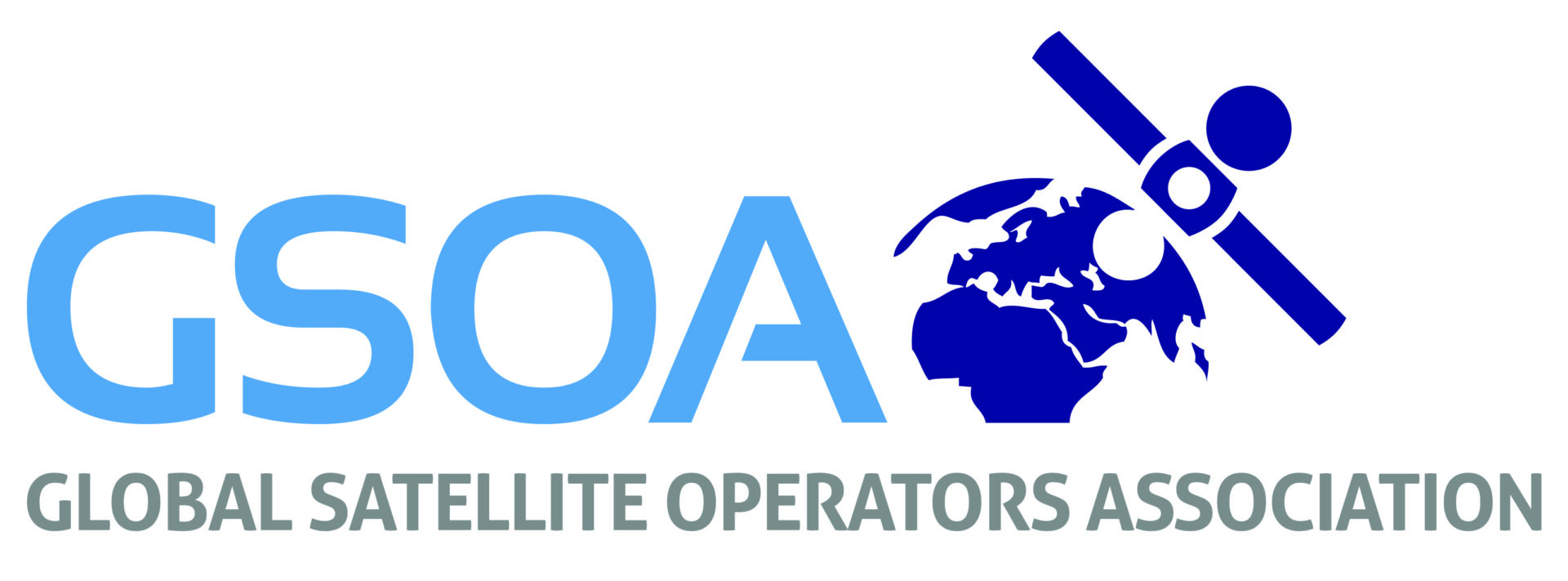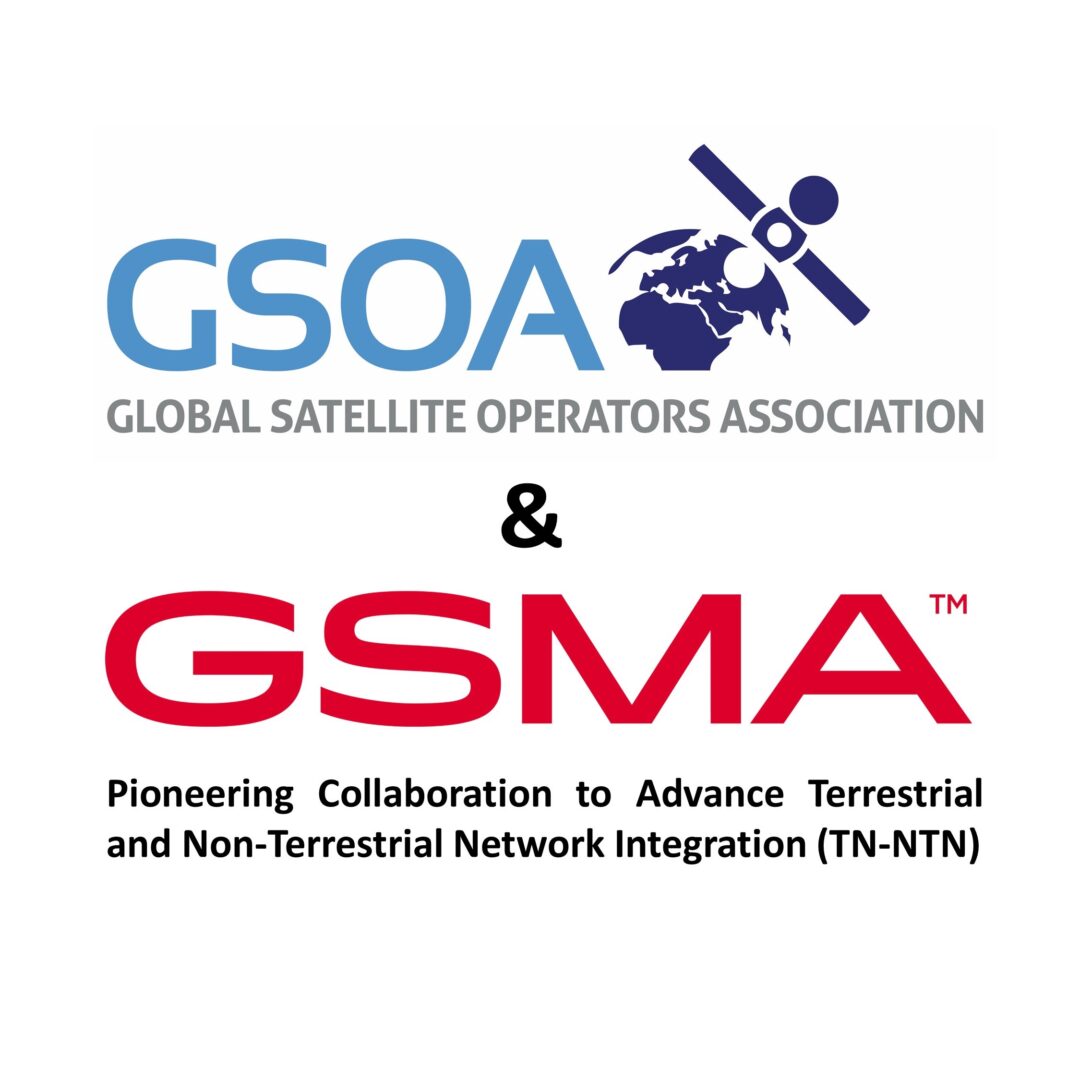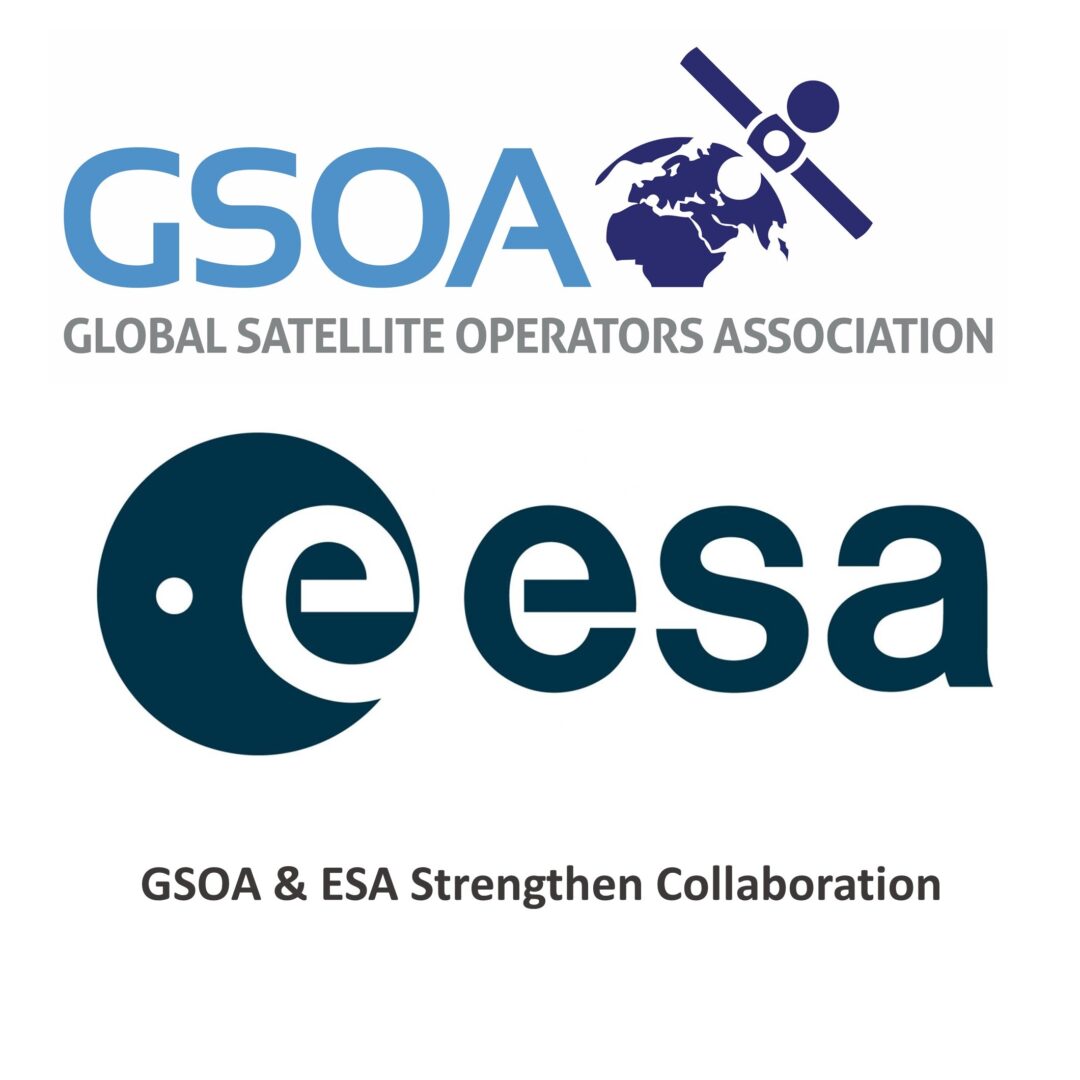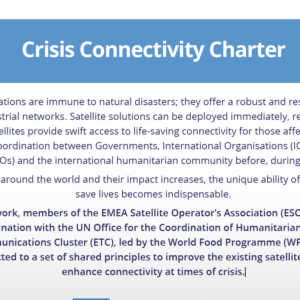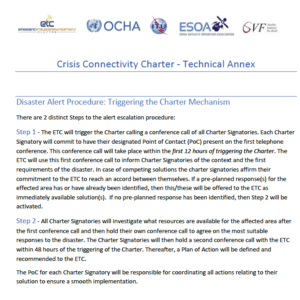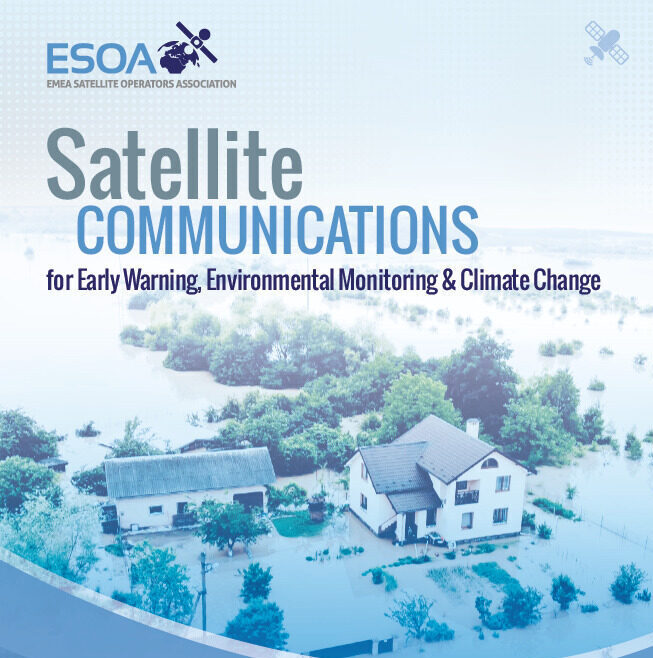ITU joins network to boost connectivity in humanitarian crises
“This Crisis Connectivity Charter is an example of what the UN family, the industry and other stakeholders can do when they come together to tackle one of today’s most pressing issues,” he added.
The Crisis Connectivity Charter sets out a process to accelerate access to satellite-based communications when local networks are affected after a disaster. It supports the United Nations World Food Programme (WFP)-led Emergency Telecommunications Cluster (ETC) in implementing its activities to support humanitarian responders and enable them to save lives.
“The Charter is a prime example of humanitarian agencies and the private sector working together to boost humanitarian response. ITU is an integral part of this collaboration and we welcome its inclusion as a Charter signatory,” says Rehan Asad, Chief of Staff at WFP, which leads the Emergency Telecommunications Cluster (ETC).
The ITU maintains crucial relationships with information and communications technology (ICT) ministries and telecommunications regulators globally. In times of crisis, strong coordination with government agencies is essential; the Charter will benefit from the ITU’s strategic connections.
“Through partnerships we can improve outcomes by deploying technology platforms in the hardest hit areas to coordinate response efforts and reach affected communities to save lives,” says Doreen Bogdan-Martin, Director of the Telecommunication Development Bureau of the ITU.
“The Charter had its first official activation during the Cyclone Idai emergency response in Mozambique in March 2019, after which services were extended to the areas affected by Cyclone Kenneth, which hit Mozambique just six weeks later. The ITU was already in the picture, supporting the ETC by liaising with stakeholders to help ease importation and licensing challenges that we faced in the field,” says Enrica Porcari, Chair of the ETC and Chief Information Officer for the World Food Programme (WFP).
The Charter was signed in 2015 and expanded in 2018 with the signing of contribution agreements by eight satellite operators (Arabsat, Eutelsat, Global Eagle, Hispasat, Inmarsat, Intelsat, SES, and Yahsat). Under the contribution agreements, Charter signatories have committed satellite equipment and capacity to humanitarian purposes during emergency responses. The Charter can be activated when a disaster strikes and can identify which pre-planned solutions can be deployed to meet the rapid deployment timelines of a crisis, strengthening the ability of emergency responders to meet humanitarian needs during disasters.
About ESOA
ESOA is a non-profit membership organisation dedicated to serving and promoting the common interests of satellite operators from Europe, the Middle East, Africa, and the CIS. The Association today represents the interests of satellite operators who deliver information communication services across the globe. Together ESOA Members provide invaluable communications services to the whole world, including live broadcasting, emergency communications, maritime and aero communications, secure services for governments, 24/7 monitoring of industrial processes such as energy plants, weather forecasting and a whole range of other communications services.
Natalia Vicente
Director of Public Affairs & Communications
[email protected]
+32 2 669 4274
